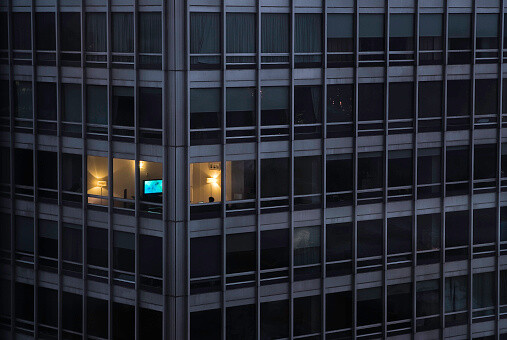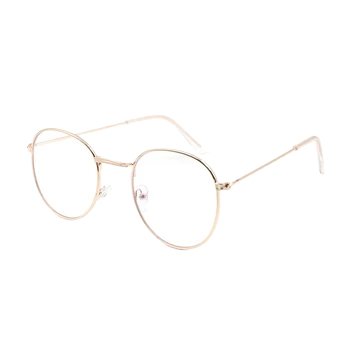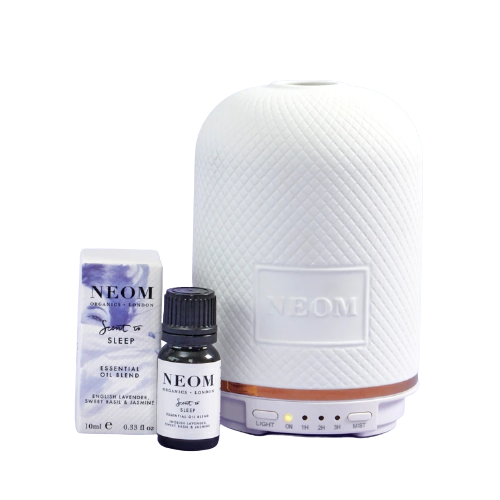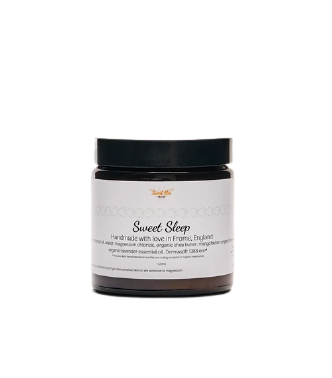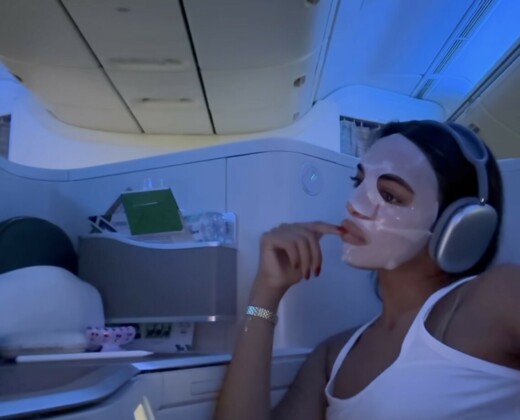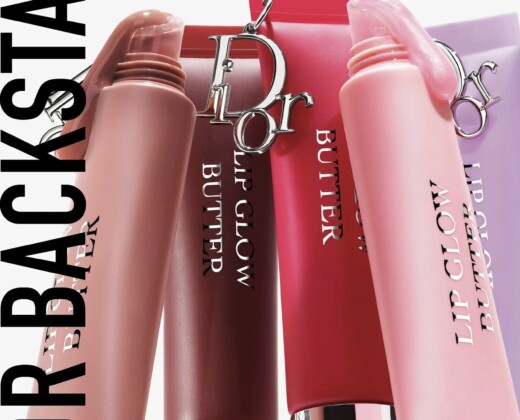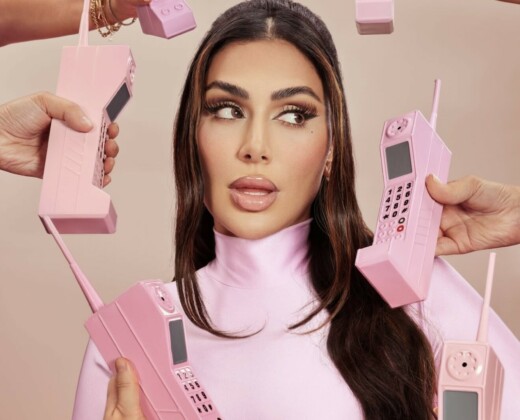Photo Credit: iStock
Its been a year since the first lockdown was put in place and the pandemic changed our daily lives. As the virus continues, government regulations along with it, it’s clearer than ever that COVID-19 has altered more than just our social lives and how much anti-bac we use. Complaints of sleep struggles have become more common in recent months, as anxieties continue and sleep patterns and routines have changed. A new word has been coined to describe the increase in sleep problems in correlation with the pandemic – Coronasomnia.
Because of the rising trend in sleeping issues, narrated by the press, panel shows, and social media platforms, we’ve got in touch with sleep expert Olivia Arezzolo to answer our questions, and yours, on this phenomenon and how to sleep better during Covid.
With several qualifications in medicine and psychology, Olivia Arezzolo has created E-books, coached individuals and teams, and written for many large publications about the science and psychology of sleep, if there was anyone to ask about this subject, trust us, it’d be her.
As a sleep expert who coaches and counsels on sleeping, have you found a rise in such struggles in your practice since the pandemic?
Yes – definitely: new research finds those poor sleepers almost doubled due to COVID19 – rising from 25% to 46%
With a statistic like that there must be a large correlation with isolation, and the Coronavirus in general, what is it about our pandemic-led lifestyle changes that have caused these issues?
A heavier reliance on technology is a primary factor – it emits sleep sabotaging blue light.
While we may have been mindful to limit our usage of phones and laptops in the evening pre-pandemic, during isolation this was often the only way we could connect, so we have been on our screens more frequently than before.
Research shows using a phone in the last hour before bed equates to a 35% higher likelihood of losing 2+ hours of sleep, and a 48% greater likelihood to take over 60 minutes to fall asleep.
In a similar vein, by using a computer in the last hour before bed, you are 52% more likely to take 60+ minutes to fall asleep, and 53% more likely to lose 2+ hours of sleep.
What are other reasons for issues with sleep?
More widespread alcohol use, stress, more flexible lifestyles – including sleep/wake times – lack of routine, all play their part.
That said, light is our primary zeitgeber – factor to control the circadian rhythm – so if there is one reason we haven’t slept well, it’s light.
“Coronasomnia” is a phrase becoming more and more popular as we continue to find patterns in sleep issues, how do you know if you have insomnia?
The signs of insomnia are:
– Struggling to fall asleep within 30 minutes
– Waking frequently through the night
– Excessive daytime fatigue
– Fatigue upon waking
– Falling asleep during the day
– Struggling to concentrate
– Anxiety and depression
– Inability to concentrate
– Memory lapses
And should you contact a doctor or expert if you can feel and see these signs?
Yes – definitely. It’s not something you should simply put up with – it’s a clinical disorder and professionals such as myself have solutions that can help you.
Another issue becoming more common recently are nocturnal panic attacks, or ‘night terrors’, what are these, and what causes them? How can we prevent these? Or cope with them?
They’re typically driven by high stress levels, so stress management is key: cutting down on work if necessary, using exercise as a stress relief tool, minimising alcohol consumption, prioritising wellness – including sleep.
What can a lack of sleep do to your health? Especially during Covid times?
Though I could go provide a catalogue of detriments to your health, the one that resonates with
all of us is stress:
After one night of insufficient sleep, studies show cortisol levels are 37% higher, and after 2 nights, they are 45% higher.
As cortisol is a stress hormone, this makes us feel even more anxious, wired and unable to switch off than we usually do – obviously not ideal for anyone right now, given the pandemic.
What are things we can do at home to promote better sleep and fix these struggles?
I recommend my signature bedtime routine:
Block out blue light, diffuse lavender, have a goodnight phone alarm, have a shower, take magnesium, listen to white noise and practice deep breathing
Specifics on these can be found in my free e-book on my website: www.oliviaarezzolo.com.au
What are some products that could help us if issues are beyond routine changes and sleep-inducing activities?
As in the signature bedtime routine, blue light blocking glasses are extremely helpful; as is lavender and magnesium.
For those seeking a sleep expert who can offer personalised coaching – contact Olivia via enquiries@oliviaarezzolo.com.au, and for any other information, visit her site here.
Words By Daisy Greetham


